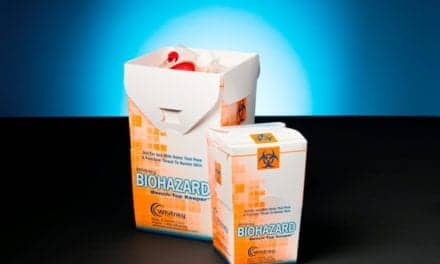A newly released study demonstrated that the GeneSight psychotropic test from Myriad Genetics, Salt Lake City, is better at predicting citalopram and escitalopram blood concentrations when compared to single-gene testing.1 The GeneSight test uses a combinatorial pharmacogenomic approach, which evaluates how variations in multiple genes may influence an individual’s outcomes with certain medications.
“The GeneSight test assesses and weighs multiple gene factors, which more accurately predicts blood drug levels and identifies more patients with significant gene-drug interactions who would be missed by single-gene testing,” says Michael R. Jablonski, PhD, vice president of medical affairs for Myriad neuroscience. “The study provides further evidence to support the superiority of GeneSight’s combinatorial testing relative to single-gene methodologies and guideline recommendations.”
The new study assessed 191 patients from the Guided clinical study who were taking either citalopram (n = 96) or escitalopram (n = 95) at the time of their screening visit, had their dose specified, and provided a blood sample. Citalopram and escitalopram are routine first- and second-line treatments for major depressive disorder.
Current Clinical Pharmacogenetics Implementation Consortium guidelines make recommendations for citalopram based upon CYP2C19 metabolizer status. However, scientific evidence supports the role of additional genes (CYP2D6 and CYP3A4) in citalopram metabolism.
In the study, if testing was conducted on CYP2C19 alone, fewer patients with decreased metabolism for citalopram would have been identified. However, the combinatorial approach used by the GeneSight psychotropic test identified more patients with decreased metabolism. Accordingly, more patients who could benefit from clinically actionable recommendations were identified. Furthermore, combinatorial pharmacogenomic testing explained more variance in citalopram blood levels when compared to single-gene testing.
For more information, visit Myriad Genetics.
Reference
1. Shelton RC, Parikh SV, Law RA, et al. Combinatorial pharmacogenomic algorithm is predictive of citalopram and escitalopram metabolism in patients with major depressive disorder. Psychiatry Res. Epub May 17, 2020; doi 10.1016/j.psychres.2020.113017.



